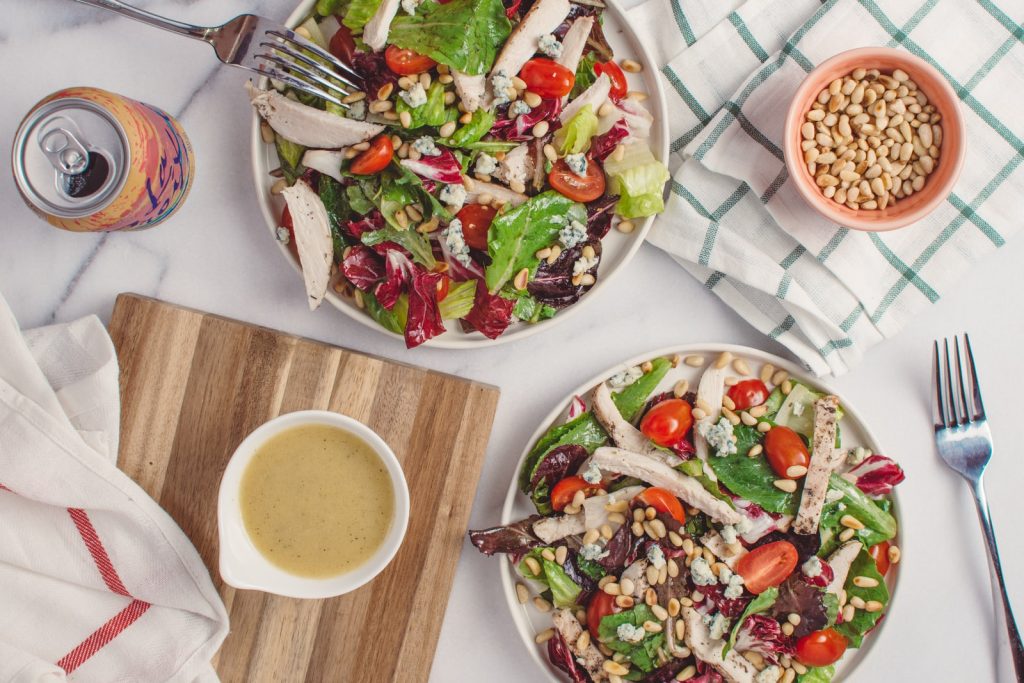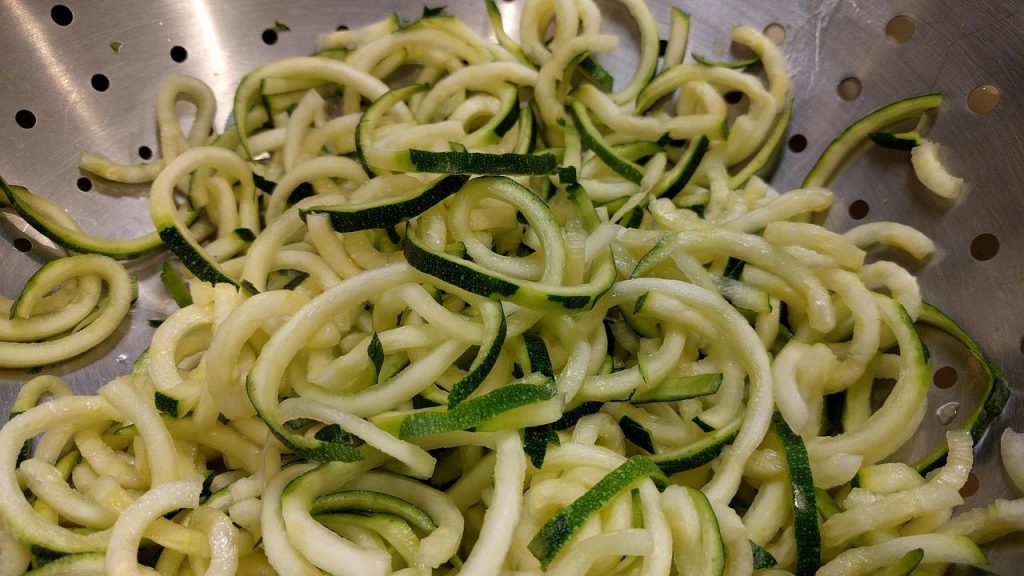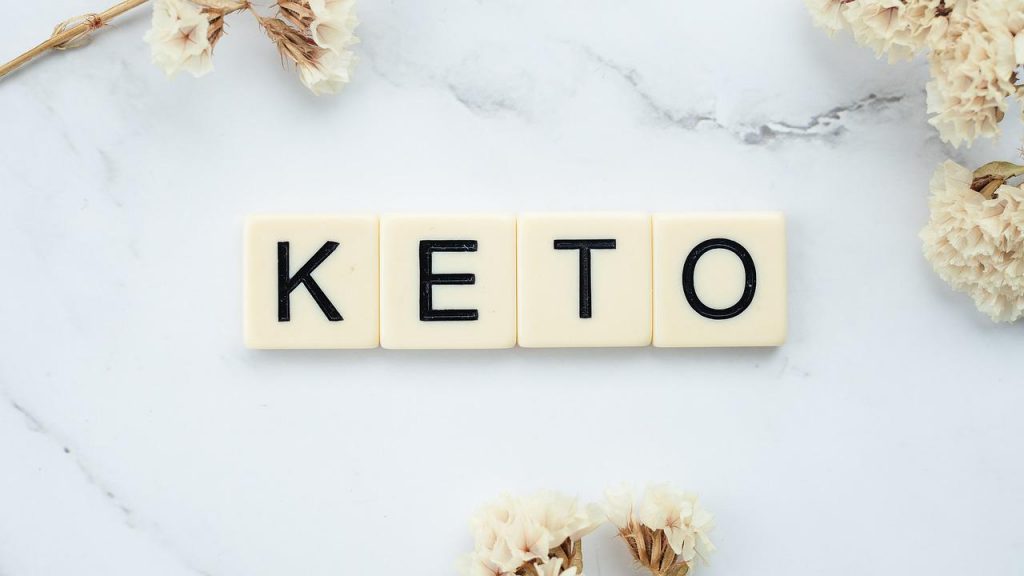Hey guys! I wanted to share with you about my personal experiences of the keto diet. If you’re looking for quick weight loss or a rapid diet, then keto is probably not for you. BUT, if you want to lose up to 5 pounds in a week and then stick with it just because of its life-changing benefits – this is a plan worth considering!
Why the Ketogenic Diet is a Marathon not a Rapid Diet
If you are someone who is looking to lose weight quickly, a ketogenic diet may not be the best option for you. While a ketogenic diet can help you lose weight quickly in the short-term, it is not a sustainable weight loss solution in the long-term. Here’s why: A ketogenic diet is a high-fat, low-carbohydrate diet that forces your body to burn fat for fuel, rather than carbohydrates.
This way of eating can help you lose weight quickly in the short-term because it causes your body to burn through its glycogen stores (ie. sugar stores). Glycogen is stored in your liver and muscles and is broken down into glucose, which is then used for energy. However, once your body has burned through its glycogen stores, it will begin to break down muscle tissue for fuel. This process is called gluconeogenesis and it is NOT an efficient way for your body to generate energy. In fact, it can lead to fatigue, muscle cramps, and other unwanted side effects. Therefore, if you are looking to lose weight quickly and sustainably, a ketogenic diet is not the best option. Instead, focus on making small changes to your habits.
Low Carb Vegetables (What to Eat and Know)
If you’re following a ketogenic diet, you need to be aware of the types of vegetables that are low in carbohydrates. This is important because carbs are what raise your blood sugar levels and, in turn, kick you out of ketosis.
Vegetables that are low in carbs include leafy greens like spinach, kale, and lettuce; cruciferous vegetables like broccoli, cauliflower, and cabbage; and other vegetables like mushrooms, onions, and peppers.
When choosing which vegetables to eat, it’s also important to consider the nutrient density of each option. For example, leafy greens are not only low in carbs, but they’re also high in vitamins and minerals.
To make sure you’re getting the most out of your ketogenic diet, be sure to include a variety of low carb vegetables at every meal.
Fatty, Unhealthy Foods that Work on Keto
It’s a common misconception that the keto diet is all about eating fatty, unhealthy foods. While it’s true that you need to eat more fat on a ketogenic diet, it doesn’t mean you should load up on unhealthy foods. In fact, there are plenty of healthy, high-fat foods that you can eat on a keto diet. Here are some examples: Nuts and seeds: Almonds, walnuts, sunflower seeds, and more are all packed with healthy fats and make great snacks or toppings for meals. Avocado: This delicious fruit is not only high in healthy fats, but also vitamins, minerals, and fiber.

Olive oil: A staple of the Mediterranean diet (not a rapid diet either). Olive oil is a great way to add healthy fats to your diet. Fish: Salmon, tuna, mackerel, and other fatty fish are not only high in healthy fats but also omega-3 fatty acids, which have numerous health benefits. So, as you can see, there are plenty of healthy, high-fat foods that you can eat on a ketogenic diet. So don’t worry about loading up on unhealthy fats – there are plenty of healthy options available.
Proteins Needed on a Keto Diet
When it comes to the keto diet, one thing that you need to make sure of is that you are getting enough protein. This is especially important if you are trying to maintain muscle mass while losing weight. Research has shown that people on a ketogenic diet tend to lose more muscle mass than those on other types of diets. To make sure that you don’t lose too much muscle, you need to make sure that you are getting enough protein. One way to make sure that you are getting enough protein is to supplement your diet with a protein powder.
There are many different kinds of protein powders on the market, so you should be able to find one that fits your needs. Another way to make sure that you are getting enough protein is to eat plenty of high-protein foods, such as meat, fish, and eggs. If you are vegetarian or vegan, there are still plenty of high-protein foods that you can eat, such as tofu, lentils, and beans. By making sure that you are getting enough protein, you can help ensure that you will maintain your muscle mass while losing weight on the keto diet.

The Achievable Results of Keto
The low-carb, high-fat ketogenic diet has been shown to lead to rapid weight loss, but can it be sustainable in the long run? Researchers have found that after two years, people following the keto diet still lost more weight and had greater improvements in their health than those who followed a more traditional low-fat diet.
So, if you’re considering starting the keto diet, don’t go into it expecting to see quick results. Be prepared for a marathon, not a sprint. But know that if you stick with it, the keto diet can be an incredibly effective way to improve your health and lose weight.
Conclusion
The ketogenic diet is not a fad or a rapid diet for weight loss. It’s a marathon, not a sprint, and it requires dedication, commitment, and hard work. But the rewards are worth it: improved health, increased energy levels, and a healthier relationship with food. If you’re thinking about trying the ketogenic diet , make sure you do your research and consult with your doctor first to make sure it’s right for you.
